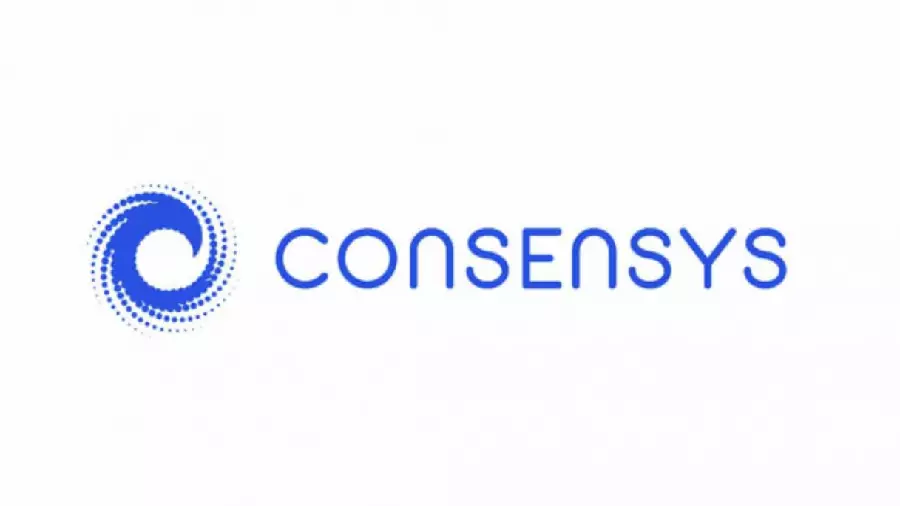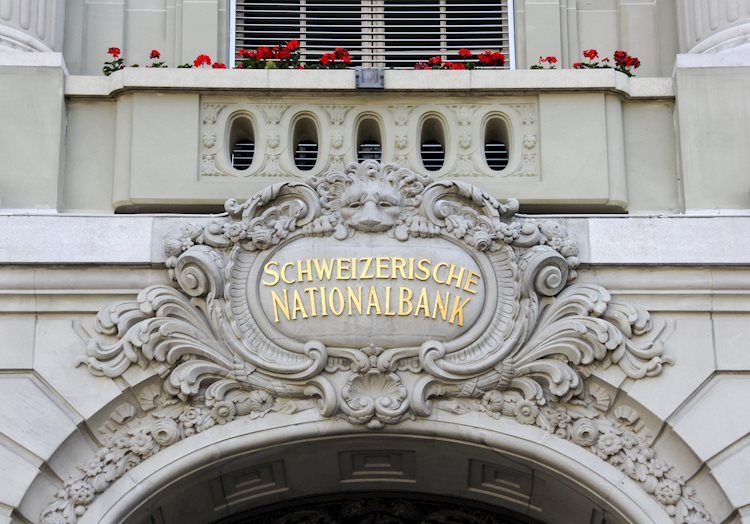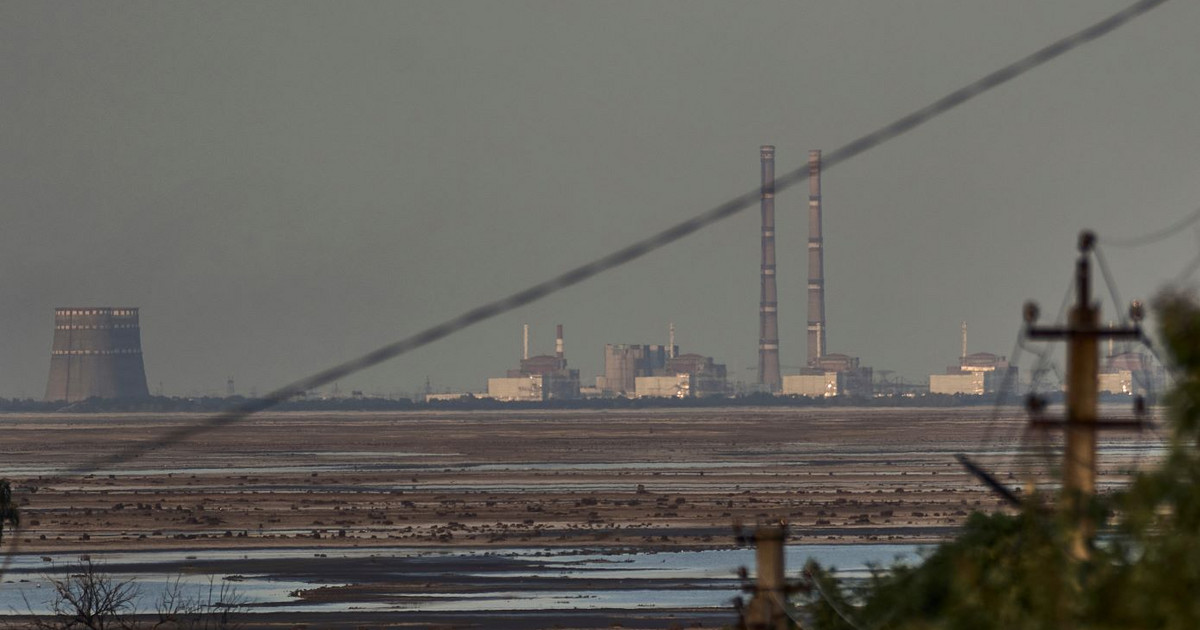The president of the Brazilian Oil and Gas Institute, Eberaldo Almeida, does not see immediate solutions to reduce the price of fuel in Brazil.
“What we can do on a more structural issue is to look at the end, the public power to think of solutions for the most needy, as already had the gas voucher, think about the app driver, in urban public transport, measures to not affect the most needy ”, he says.
For Almeida, the devalued exchange makes Brazil suffer more from the effects of the global fuel crisis.
“In 2014 the price of a barrel of oil was at the same value as it is today, but since then the real has devalued 120%, that is, the Brazilian has become 120% poorer”, he says.
He argues that Brazil is also more impacted by having logistics that are very focused on road transport.
“Brazil is very focused on diesel, road transport, we have this distortion, unlike countries with more rail transport or river ports. We ended up needing to import more diesel.”
The expert explains that Petrobras does not have the power or conditions to set the price of fuel. “What it does is follow the market, which is defined by supply and demand, which at the moment is misaligned with the war in Ukraine and the economic recovery after the lockdowns around the world”, he argues.
Almeida exemplified what would happen if Petrobras deliberately reduced prices.
“Petrobras accounts for 50% of the Brazilian market, if it decides to sell at half the market price it would generate shortages, with a possible auction for fuels”, he explains.
The president of the Brazilian Oil and Gas Institute points out that the difference in value between oil and diesel has never been so large, close to one hundred dollars.
“We do not consume oil, we consume derivatives and derivatives have to undergo a process in refineries, and in recent years we have had a drop in refining capacity in the world, we are in a scenario of energy transition, less investment in refineries, and this impacts supply and prices”, he explains.
Enter States and Union
Asked about the dispute between states and the Union over the single taxation on fuels, Almeida explains that the law of “monophasia” is not being strictly enforced.
“What happened in the regulations made by the states is that they established a ceiling value, which was that of Amapá, with the highest tax, and granted discounts. When you grant discounts on interstate operations, there is a difference between one state and another and you end up paying tax in two points and not complying with what is in the law”, concludes Almeida.
Source: CNN Brasil
I am Sophia william, author of World Stock Market. I have a degree in journalism from the University of Missouri and I have worked as a reporter for several news websites. I have a passion for writing and informing people about the latest news and events happening in the world. I strive to be accurate and unbiased in my reporting, and I hope to provide readers with valuable information that they can use to make informed decisions.






